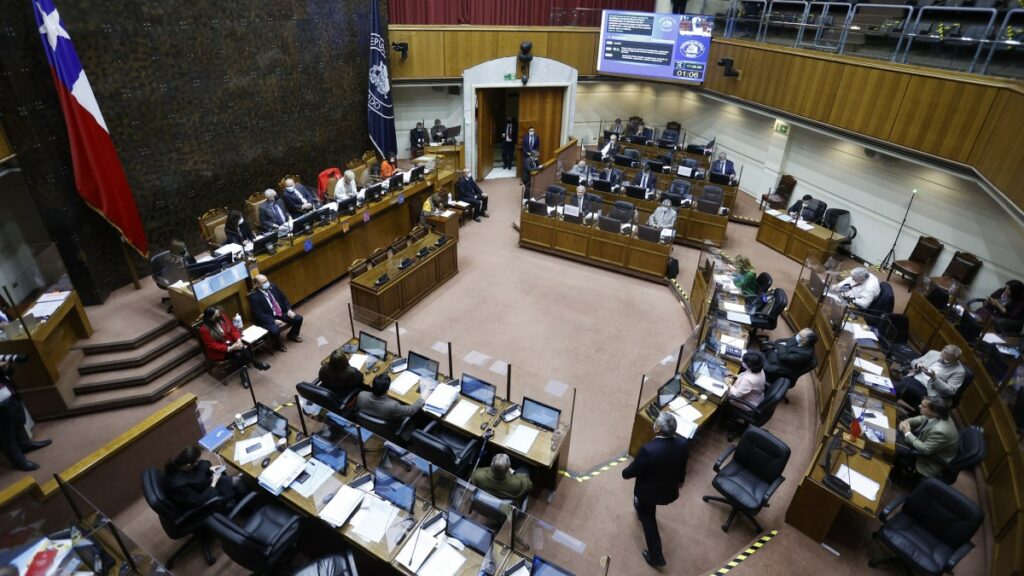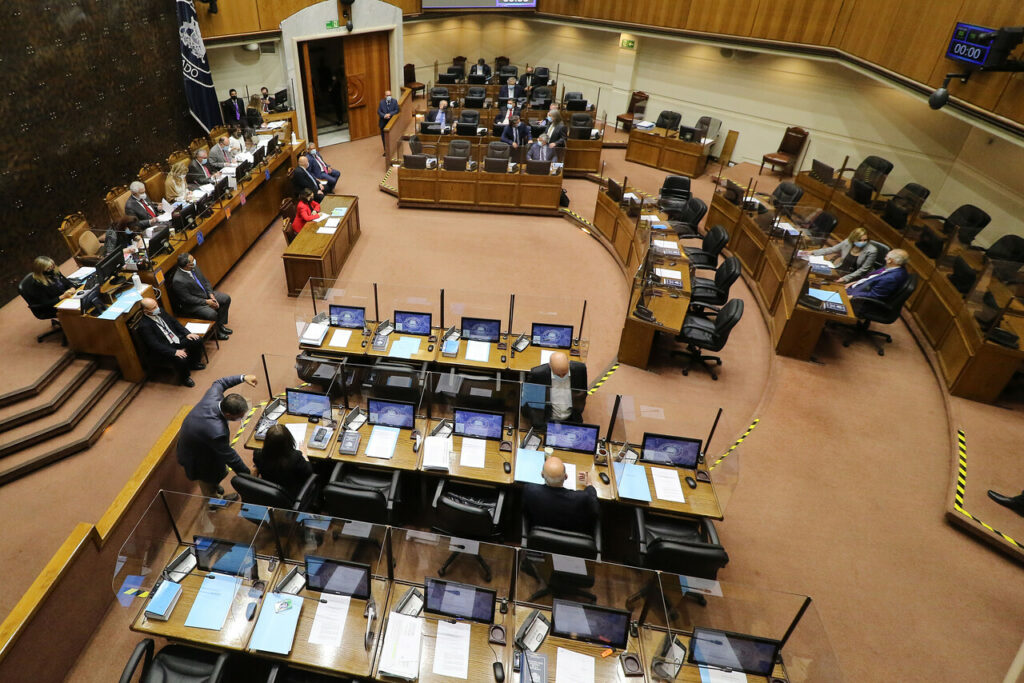The Chilean authorities have taken another important step towards the massification of electromobility and the contribution of the public sector to promote the energy transition and new technologies.
Last Wednesday, October 5, the Senate, through the Mining and Energy Commission, approved the project that promotes electric energy storage and electromobility.
It is worth noting that this legal initiative was presented in December 2021 by the previous administration and is qualified as a key point for the decarbonization of the energy matrix.
Proposal’s Focus
The main objective of the program is to enable a greater participation of renewable energies in the electricity matrix through the promotion of storage technologies, as well as to boost the sales levels of electric vehicles in Chile towards those existing at international level.
The initiative also proposes the promotion of pure storage in the electricity market. Given that the main non-conventional renewable energies (solar and wind) are variable, their massive integration requires storage facilities that allow easy and quick management of electrical energy.
Energy Minister, Diego Pardow, applauded the approval and noted that it is an important step for the challenges that lie ahead. He also assured that the ministry’s disposition is to address the obstacles that arise.
He informed that in transmission matters they are working on a miscellaneous law that covers the pending issues, in aspects where there is consensus with the industry.”
“We are moving forward. This project was approved unanimously, which shows how important it is for our country to move towards the decarbonization process and accompany the transition to a greener energy matrix.”

Common Objective
During the debate that took place in the Chilean legislature, all the speakers agreed on the benefits of the project and on the urgency to process it.
The sector emphasized the goal of carbon neutrality and the urgent need to produce enough energy from renewable sources to compensate for the fossil fuels that will be withdrawn.
After the bill has been approved by the parliamentary body, it will be considered by the Senate Finance Committee and will then be put to a vote in the Chamber.




